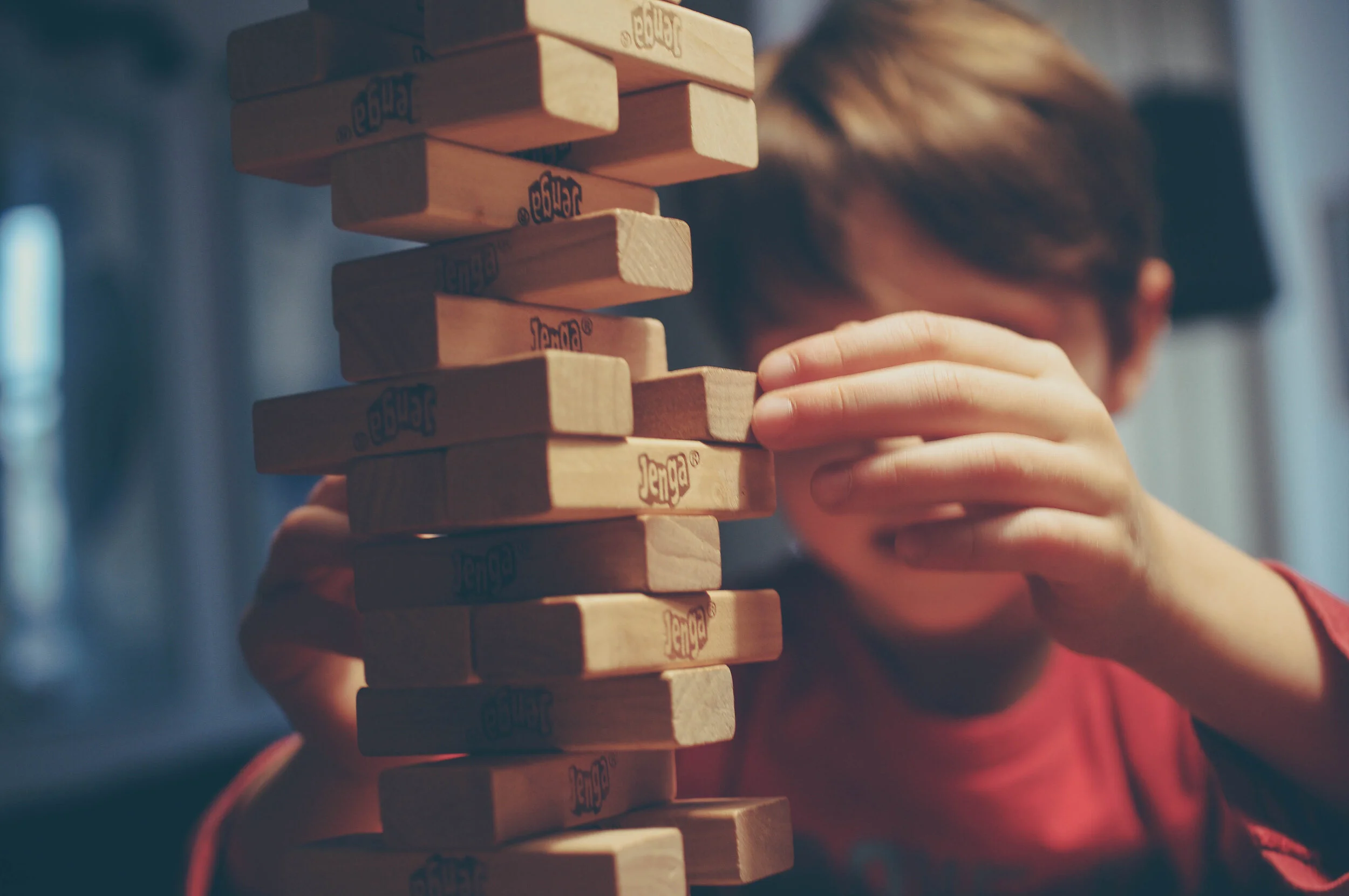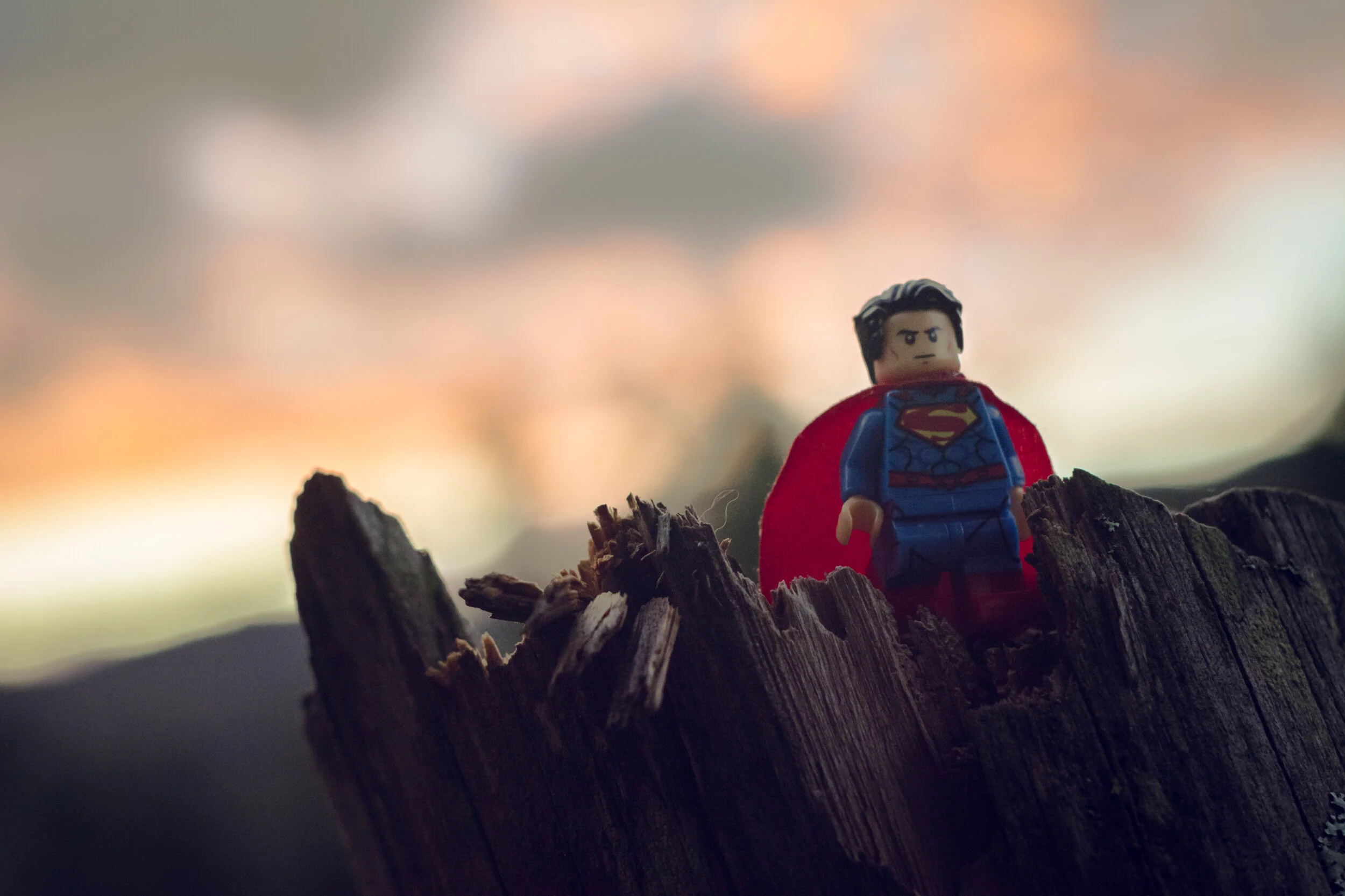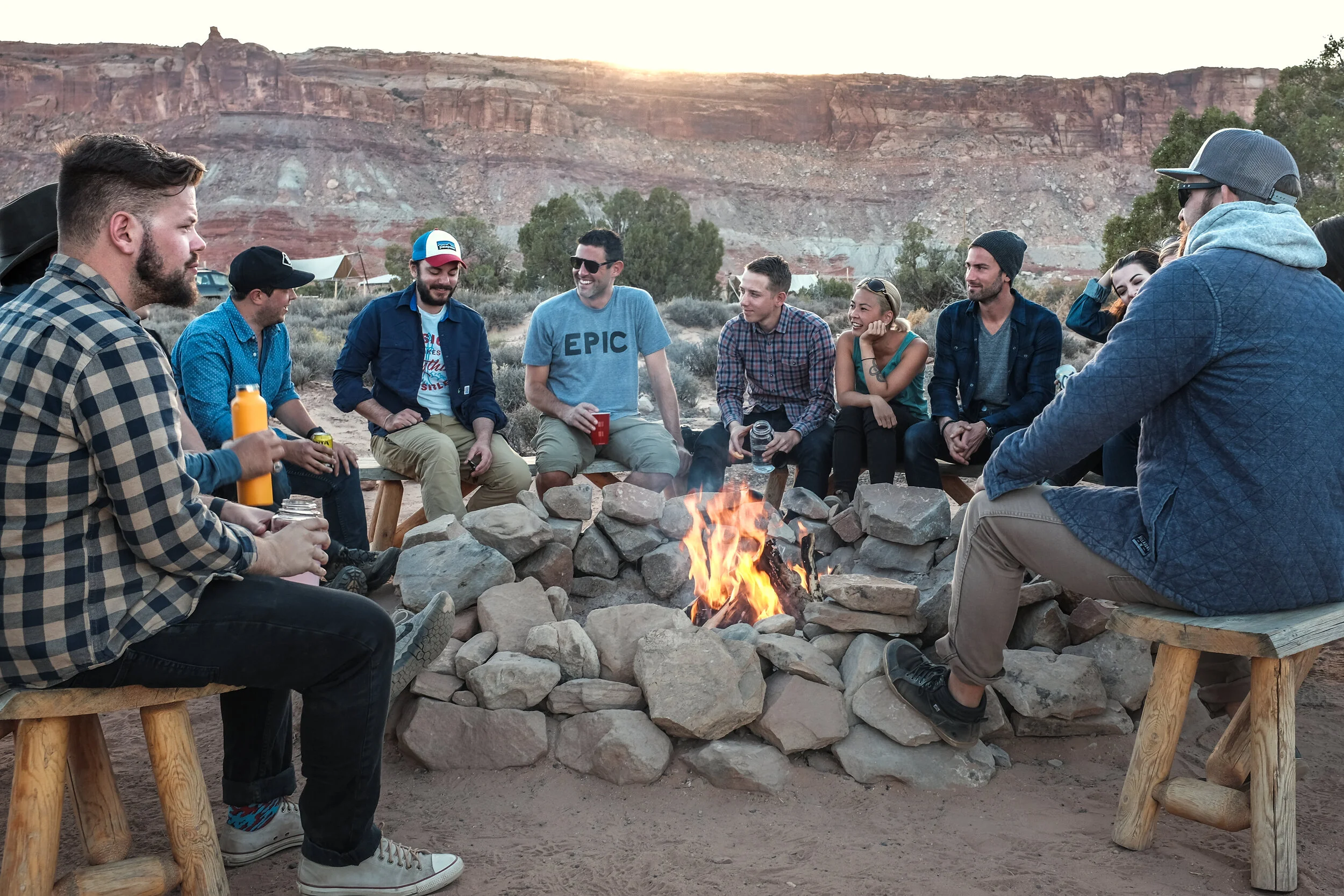Managing Climate Change Anxiety and Eco-Emotions For Professionals Working in Sustainability
Climate Emotion and Sustinability
Those working in sustainability, climate change research, disaster relief, activism, policy changers or other fields of climate careers are particularly susceptible to stress, anxiety, depression and BURNOUT.
This accumulation of negative emotion can leave you feeling like you have to be performing at maximum productivity 24/7 to solve global warming.
This is:
A: Not Possible and B: Not sustainable.
We can’t have you burning out. The world does need you, but not to do everything. You have a gift. You bring a piece of the solution, but we need everyone. We can’t afford to hemorrhage some of the greatest assets of climate action because your mental wellbeing is too depleted.
But hold on. There is good news: the solution to climate anxiety is climate action.
It's hard to watch the news, scroll through Instagram or listen to the radio without hearing or seeing something related to climate change. We recognise the impact of climate change on the earth in the forms of seeing polar bears starve, hurricanes hit new veracity, picnics in February and snowstorms in June and fires raging, but we are also becoming increasingly aware of the impact on our mental wellbeing. As psychologists, we are noting the rise in the presentation of eco or climate anxiety. It can be a crippling worry that can manifest in the forms of difficulty in concentrating, difficulty in being present, panic attacks, depression, low mood, or insomnia.
This can leave us feeling overwhelmed, detached, hopeless, grieving, angry and paralysed, all of which stop us from taking necessary action to mobilise against climate change and this happens to the lay-man- BUT what happens when this is your career?
You likely have a constant stream of negative information coming at you. You walk around knowing that something terrible is happening and those around you completely lack the understanding of urgency. They are talking about their latest mini-break abroad, the new diesel SUV they bought and the candidate they endorse who is a climate change denier. How can you not feel hopeless, angry, defeated, like its all on you?
It feels to me like that split second when you have lost something essential, a child, a pet, a passport, a phone, whatever it is for you. That moment of terror and panic and loss, yet no one around you knows this moment has occurred. You're quietly panicking. I don’t know what stage you are in, it may be the first split second, you may be crying on the floor having given up, but this is a process and it’s okay. Then you start to tell those around you, gradually the word spreads, they announce it on the loudspeaker, everyone is feeling the urgency to help- now there will be those who don’t care about your kid or your wallet, but many will be doing what they can to help. Suddenly you aren’t alone.
Let’s look at some positive coping tools to help you reduce the intensity of Eco-Anxiety:
Community- when we talk about community for those not at the forefront of climate work, actively engaging in environmental groups (activism for example) can be positive. But when this is your life, work may already feel like a bit of an echo chamber when it comes to the bad news about climate change and more exposure may actually be unhelpful. When we are talking about community in the context of you, look for groups that give you a sense of wellbeing and restoration, providing meaning behind your purpose. These should be where you can see your direct impact, localised and with visible results.. These may be completely different to what you would normally do, (leading an eco-group at a school and helping kids do a litter-pick, for example, this may seem banal when you know the huge truths about climate change but could serve as a reminder as to why you care and how you can teach the next generation to care). The community could be a hiking group our conservation group where you can be in nature, restoring your connection with the thing you are trying to protect.) The community might be a sports team where you can completely disconnect and be present in something totally different. But the point is feeling connected and not isolated in your emotion.
Turn off your notifications. You already know what is happening. You don’t need to scroll Instagram and see the images of the Koalas and bird’s stomachs filled with plastic. It is terrible, but it is not serving you to constantly be exposed to the doom. You may even experience doom fatigue and this could lead you to think your work won’t even matter. If you love your phone, follow nature photography accounts, unfollow those that are negatively graphic. Likewise with the news. It is probably not ‘new’ information to you that you won’t already be coming across in a document or report on Monday. I am not saying bury your head in the sand, just give your mind a break from it so you are not on panic alert 24/7.
It’s okay to ask for help. Speak to colleagues if you are struggling. Seek professional help if you need it- ask work for support. You might have a manager who seems to soldier through unaffected, but you never know-she may actually be going home at night and putting half a bottle of Chardonnay away to cope.
If you are working in sustainability, keeping your values and goals clear is essential. You need to remember your purpose and set achievable scaled objectives. Working with a coach can help with this. If you are experiencing a serious negative emotion, talking about this with a therapist can help instill your resilience and self-compassion.
Let’s give that its own podium. SELF-COMPASSION. You have to have this if you are going to work in this field productively. The Zero-Waste-Chef, Anne-Marie Bonneau said, "We don’t need a handful of people doing zero-waste perfectly, we need millions of people doing it imperfectly.” Please try and keep this in mind. You are doing your best and we love and need this. If you are feeling burned out, get in touch and let’s make a plan to keep you productive.




